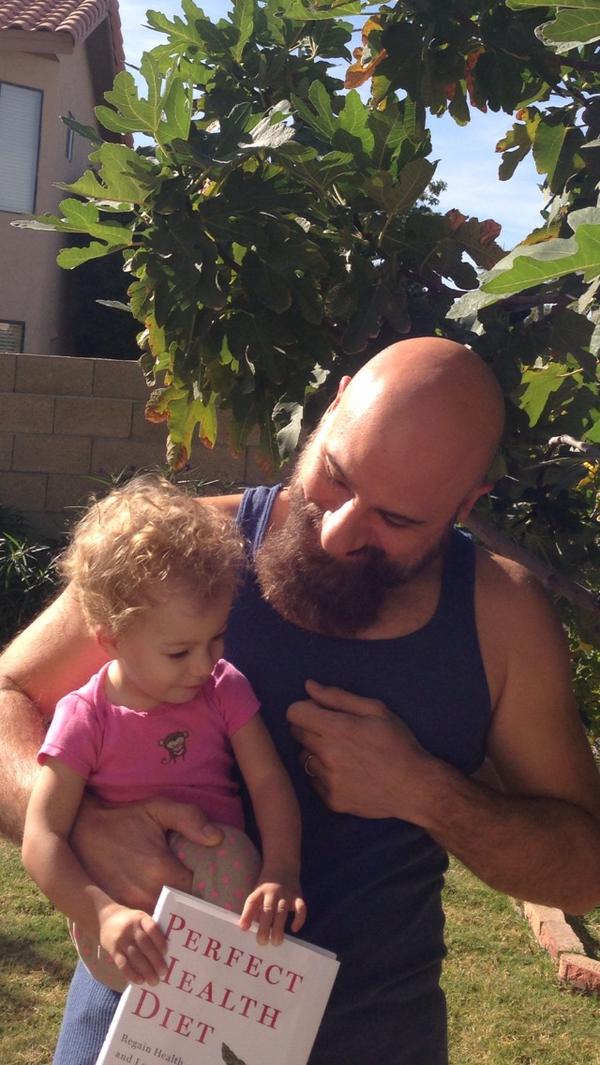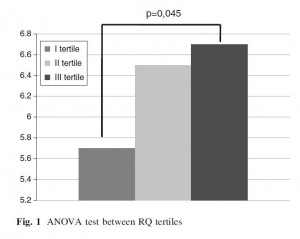Sean Croxton just sent me the questions he’ll be asking on tonight’s show — they’re terrific and I can’t wait for the show. Sean and I will discuss some controversial assertions from our book, and major factors enabling weight loss and maintenance of a healthy weight. To listen live, tune in to the Underground Wellness show at 8 pm Eastern / 5 pm Pacific.













Recent Comments